CASA BLOGS
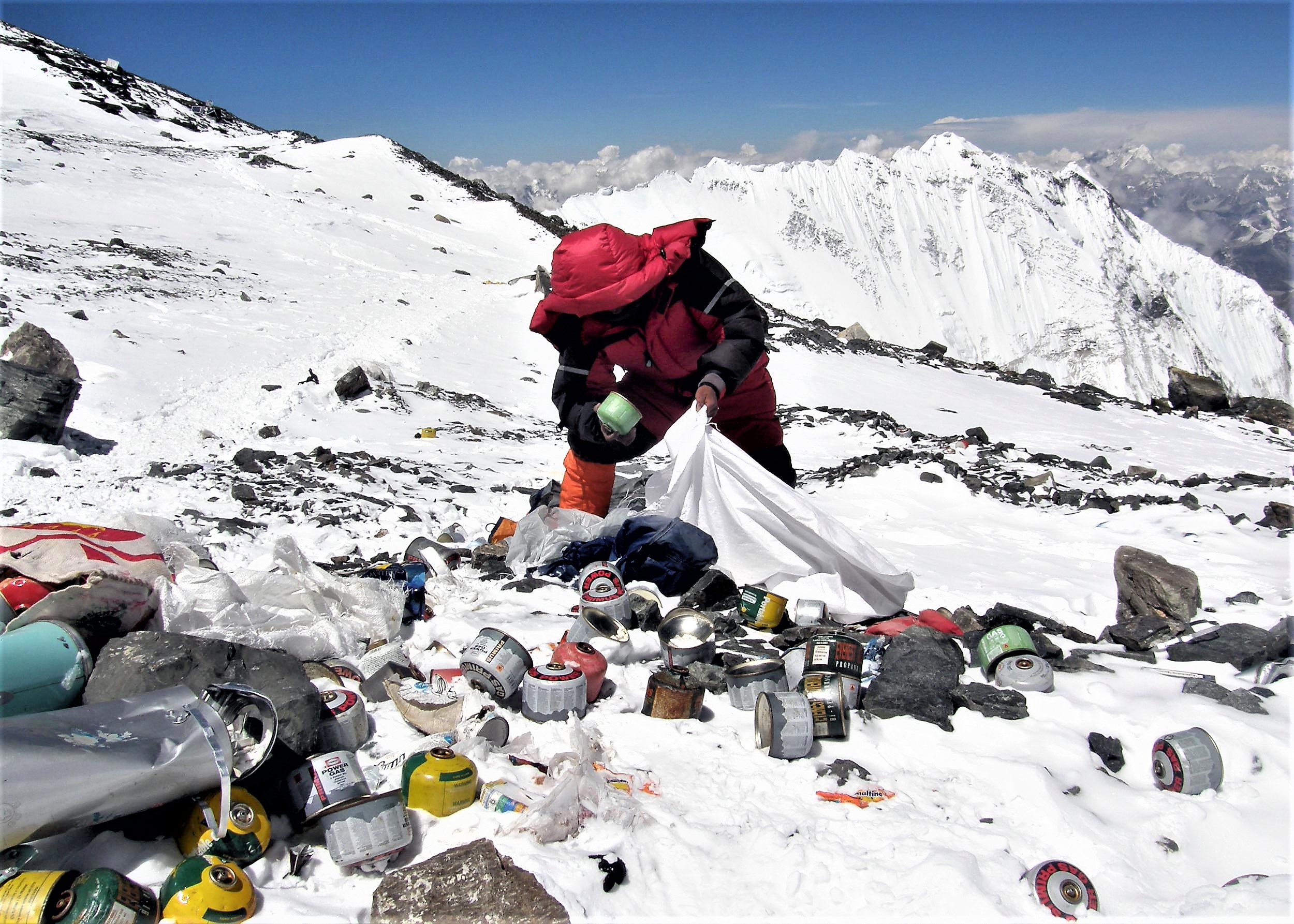
HIMALAYAS’ OWN NATURE AND, GARBAGE TRAILS
In the social media hegemony, every Instagram lover would want a photograph of them sitting on the snow tip of Triund with #hashtag #SippingTea; in return leaving tonnes of garbage on their way.


By Shreyansh Shrivastav & Nidhi Joshi
Interns – CASA Communications
When hiker Sahil Khatri – now 29 – first set his journey towards the upper reaches of Himalayas, he was astounded to see how a beauty so unaffected for decades was marred with plastic.
His native state Himachal Pradesh is “at the mercy of plastic wastes” brought by unrestricted and unmonitored tourist boom. The mountain state alone produced an estimated 1004 tonnes of plastic waste in 2014-15. (Refer to the graphic).
Sahil observes that the “problem is not restricted to plastics alone but the lack of awareness among people.”
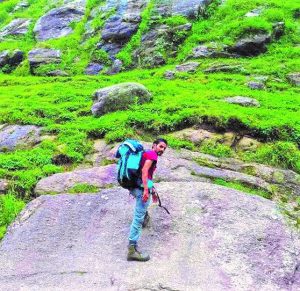 Talk of Triund Trek 10 years ago and not a single soul could have guessed its location in Himachal. Years later in the social media hegemony, every Instagram lover would want a photograph of them sitting on the snow tip of Triund with #hashtag #SippingTea; in return leaving tonnes of garbage on their way.
Talk of Triund Trek 10 years ago and not a single soul could have guessed its location in Himachal. Years later in the social media hegemony, every Instagram lover would want a photograph of them sitting on the snow tip of Triund with #hashtag #SippingTea; in return leaving tonnes of garbage on their way.
Sahil adds that back in 2004, he found a variety of wildlife species along the trail but all that has changed now. “Tourists come from already polluted metropolitan cities and display the same destructive behaviour in the mountains. They throw plastic bottles, play loud music scaring away the wildlife. The animals are often injured due to the glass bottles along the trail,” Sahil says.
Being a certified professional from Atal Bihari Vajpayee Institute of Mountaineering, Sahil speaks up about the spread of urban culture in the region. “Trips to mountains have become a fashion trend these days but not everyone respects nature. People consume alcohol and party as if it were a nightclub. Such practices should only be restricted to the cities.”
Tourist hotspots like Leh and Ladakh (desert mountains in J&K) are also the prime victims of littering. Soda cans, plastic bottles, plastic wrappers are found across the regions. Sahil says “there are some unexplored treks that are difficult to reach and relatively cleaner than the more accessible trails.”
And while Triund was sitting on a ticking time bomb of garbage crisis, a British national in India, Jodie Underhill tried to combat the issue by forming an NGO ‘Waste Warriors’ gathering young volunteers to start a weekly waste collection drive from Triund.
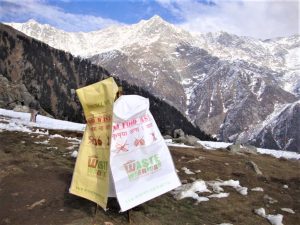
Being the harbinger of clean environment, the organization is devoted to battling the garbage problem in the hills of Uttarakhand and Himachal Pradesh and spread awareness among people.
In an exclusive conversation with CASA, Avinash Pratap Singh, the CEO of Waste Warriors said that “the footfall of tourists makes Triund a hotspot for waste accumulation. Waste Warriors work to educate and spread awareness among people and prevent malpractice of littering to ensure sustainable ways for waste management.”
The team has been significant in spreading awareness related to degradable and biodegradable wastes. “We have provided garbage bags to the shopkeepers in our areas for waste segregation. We have also installed dustbins to prevent littering,” says Avinash.
The importance of waste segregation and clean surroundings could only be understood by asking a simple question: Are we ready to give away a mountain of plastics to our future generations?
Cover Photo: Courtesy BBC
 Previous Blog Post De/Criminalising Homosexuality: WHAT’S THE UPROAR ALL ABOUT?
Previous Blog Post De/Criminalising Homosexuality: WHAT’S THE UPROAR ALL ABOUT? NO WOMEN IN SABARIMALA
NO WOMEN IN SABARIMALAFeatured Post

Empowering Rural Education in India:
14 Mar 2024
Introduction: In the vast tapestry of India, education is the key to unlocking the door to a brighter future. However, the challenge of providing quality education to the rural parts of the country persists. In this blog post, we will delve into the crucial role that Non-Governmental Organizations (NGOs) play in bridging the educational gap […]
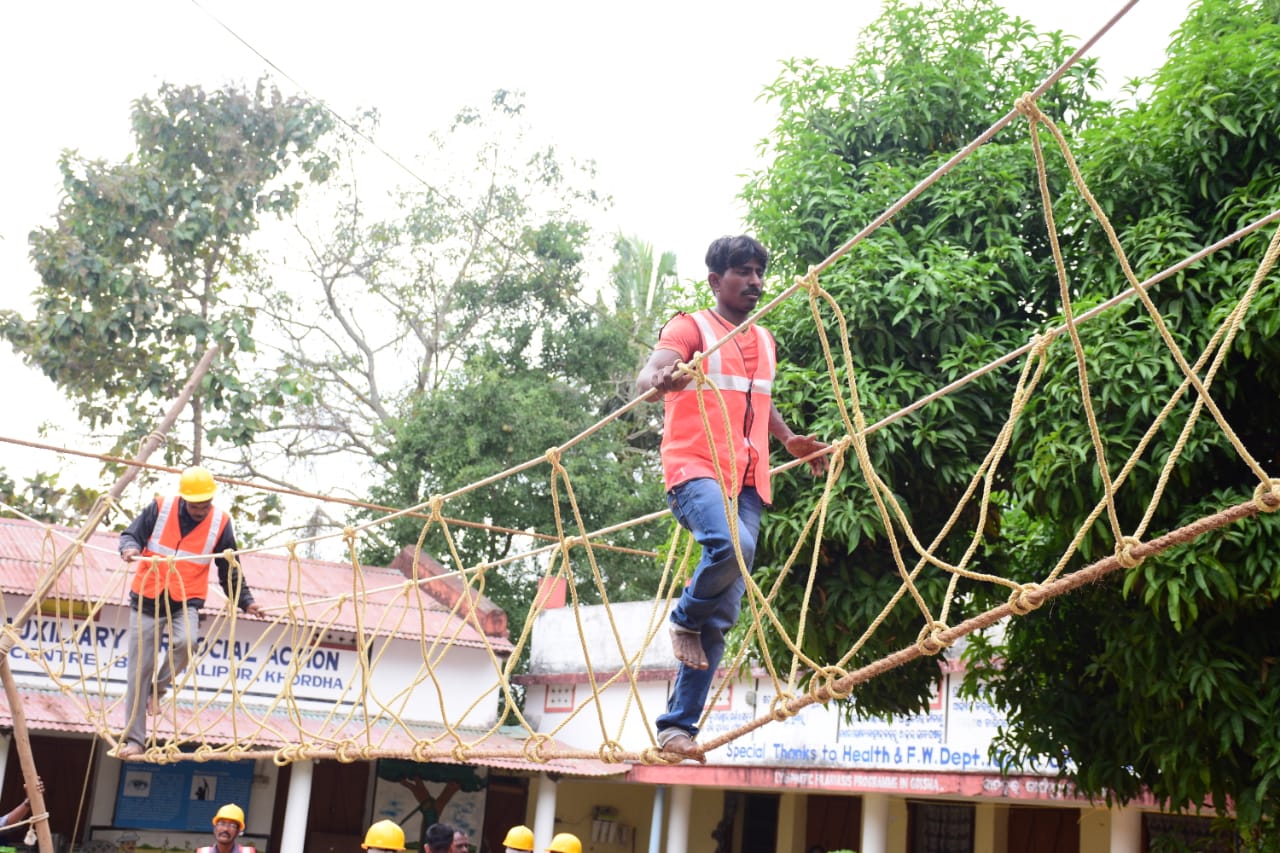
Empowering the Future: Disaster Management Training for School Children in Disaster-Prone Areas
22 Feb 2024
Introduction: In the face of increasing natural disasters worldwide, it becomes imperative to equip our younger generation with the knowledge and skills necessary to handle emergency situations. Children, being one of the most vulnerable groups during disasters, can greatly benefit from disaster management training. This blog explores the significance of imparting such training, with a […]
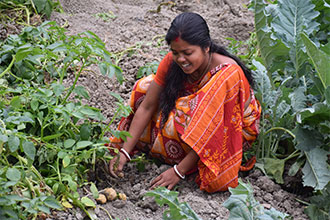
Empowering Women: Transforming Lives Through Sustainable Livelihoods in Rural India
16 Feb 2024
Introduction: In the heart of rural India, a silent revolution is taking place as women embrace newfound opportunities for sustainable livelihoods. This transformation not only uplifts individual lives but also contributes to the overall development of communities. At [Your Organization’s Name], we are committed to driving positive change by providing women in rural India with […]


